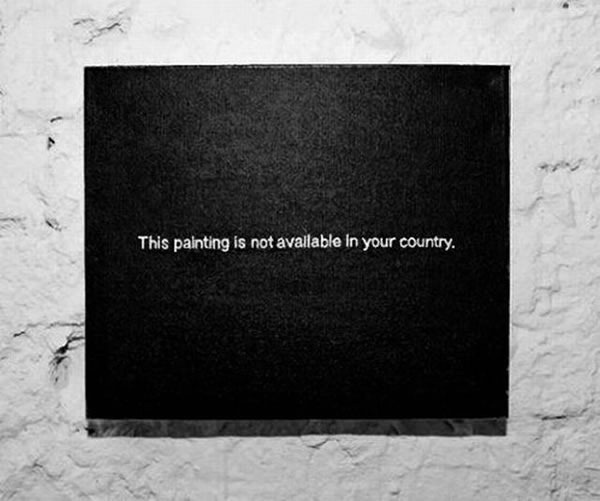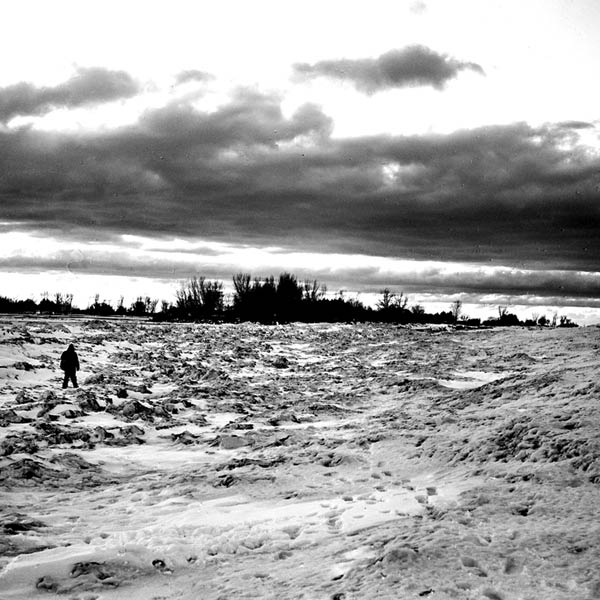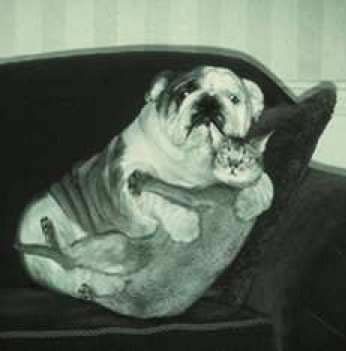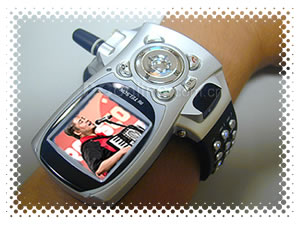 Back in July 2003, someone who read the Wired article titled Giving Sharers Ears Without Faces wrote to our pal (and former boss) Cory Doctorow over at Boing Boing:
Back in July 2003, someone who read the Wired article titled Giving Sharers Ears Without Faces wrote to our pal (and former boss) Cory Doctorow over at Boing Boing:
A year later, Boing Boing ran an article titled Open WiFi for plausible deniability, which cover’s Micah Joel’s running of “an open WiFi network in order to give himself plausible deniability for bad acts that can be traced to his IP address”:
I’ve already composed my reply in case I receive one of these letters someday. “Dear Comcast, I am so sorry. I had no idea that copyrighted works were being downloaded via my IP address; I have a wireless router at home and it’s possible that someone may have been using my connection at the time. I will do my best to secure this notoriously vulnerable technology, but I can make no guarantee that hackers will not exploit my network in the future.” If it ever comes down to a lawsuit, who can be certain that I was the offender? And can the victim of hacking be held responsible for the hacker’s crimes? If that were the case, we’d all be liable for the Blaster worm’s denial of service attacks against Microsoft last year.
Well, we’re now a few years and two generations of 802.11 down the road, and the RIAA has finally done it. Cory writes:
Record companies are quick to cite the First Amendment when someone suggests banning music with “suggestive” lyrics, but they’re not so big on free presses and anonymous speech. It’s like they love free speech, but not enough to share it with the rest of us.
.
This award creates a legal headache for the RIAA. As Listening Post puts it: “If the ruling stands, the RIAA will have to be much more careful about who it sues going forward, adjusting its scatter-shot approach to filing such lawsuits in order to avoid suing the wrong people”.
Hence the RIAA’s latest move: filing a motion for reconsideration that forces them to pay Foster’s legal fees, a key point of which is that they’d like a ruling that the owner of an ISP account is responsible for all activity on that account.
James “Smalltalk Tidbits, Industry Rants” Robertson makes a couple of interesting observations:
- He points to an Ars Technica story that says that the RIAA, in their motion, “lay out their disagreement with the judge’s reasoning while taking time to point out that the fees awarded far exceed any damages they could have recovered should their suit have been successful”, to which he quips “What, you mean there are risks in this strategy?”
- He points out that it’s not just the individual running an open node at home or the small cafe running an open node to get customers who are in trouble:
…any entity that offered a net connection – Starbucks, a hotel, a municipality (etc) – would have a huge potential liability on their hands. They might well decide to just discontinue in order to not expose themselves. Yeah, there’s a world I want to live in.
Links:




 Back in July 2003, someone who read the Wired article titled
Back in July 2003, someone who read the Wired article titled